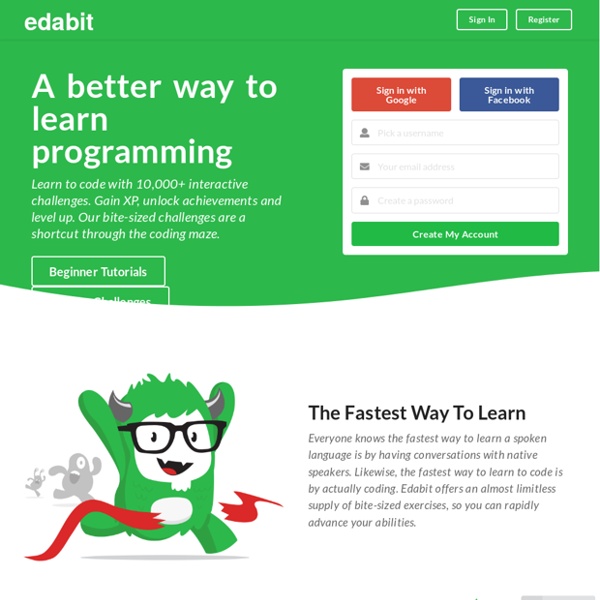



Intensive reading Intensive reading involves learners reading in detail with specific learning aims and tasks. It can be compared with extensive reading, which involves learners reading texts for enjoyment and to develop general reading skills. Example The learners read a short text and put events from it into chronological order. In the classroom Intensive reading activities include skimming a text for specific information to answer true or false statements or filling gaps in a summary, scanning a text to match headings to paragraphs, and scanning jumbled paragraphs and then reading them carefully to put them into the correct order. Further links: JavaScript’s Memory Model - Ethan Nam - Medium In general, we should be using const as much as possible and only using let when we know a variable will change. Let’s be really clear about what we mean by “change”. A mistake is to interpret “change” as a change in value. A JS programmer who interprets “change” this way will do something like this: let sum = 0sum = 1 + 2 + 3 + 4 + 5let numbers = []numbers.push(1)numbers.push(2)numbers.push(3)numbers.push(4)numbers.push(5) This programmer correctly declared “sum” using let, because they knew that the value would change.
Strategies: predicting, skimming, scanning and reading for detail - EAP Resources Online Predicting content To familiarise yourself with a text, it is a good idea to make predictions by looking at pictures and headings before you start to read. Think about the following questions before you read a text: What do the pictures show?What do the headings and subheadings tell you? What topic might the article be about? /loupe/?code=Ly8gZmlyc3QsIGNhbGwgdGltZW91dCBmdW5jdGlvbiwgc2V0IHRvIHplcm8gc2Vjb25kcwpzZXRUaW1lb3V0KGZ1bmN0aW9uKCl7CiAgY29uc29sZS5sb2coJ0hleSwgd2h5IGFtIEkgbGFzdD8nKTsKfSwgMCk7Ci8vIGRlY2xhcmUgdHdvIGZ1bmN0aW9ucwpmdW5jdGlvbiBzYXlIaSgpewogIGNvbnNvbGUubG9nKCdIZW close Intro Loupe is a little visualisation to help you understand how JavaScript's call stack/event loop/callback queue interact with each other.
Egg carton unplugged coding activity! - Teach Your Kids Code This post may contain affiliate links. Sharing is caring! On the blog today we are sharing another awesome screen free coding activity. JavaScript Logical Operators tldr; Logical operators are important in JavaScript applications. We constantly need to compare variables and do something based on that comparison. If some comparison is true, take path A; if it’s false, take path B. If we don’t understand the order of precedence of the logical operators, or don’t fully understand the result of the comparisons, then we will spend lots of time debugging our application trying to follow the flow. So even though this is a relatively basic part of JavaScript, it’s really important.
13 Fun and Free Coding Activities for Hour of Code Week - Teach Your Kids Code This post may contain affiliate links. Sharing is caring! The Hour of Code is a global movement with students participating in 180 different countries. The Hour of Code takes place each year during Computer Science Education Week. The 2018 Computer Science Education Week will be December 3-9, but you can host an Hour of Code all year-round. JavaScript Scoping and Hoisting Do you know what value will be alerted if the following is executed as a JavaScript program? var foo = 1; function bar() { if (!foo) { var foo = 10; } alert(foo); } bar(); If it surprises you that the answer is “10”, then this one will probably really throw you for a loop: var a = 1; function b() { a = 10; return; function a() {} } b(); alert(a);